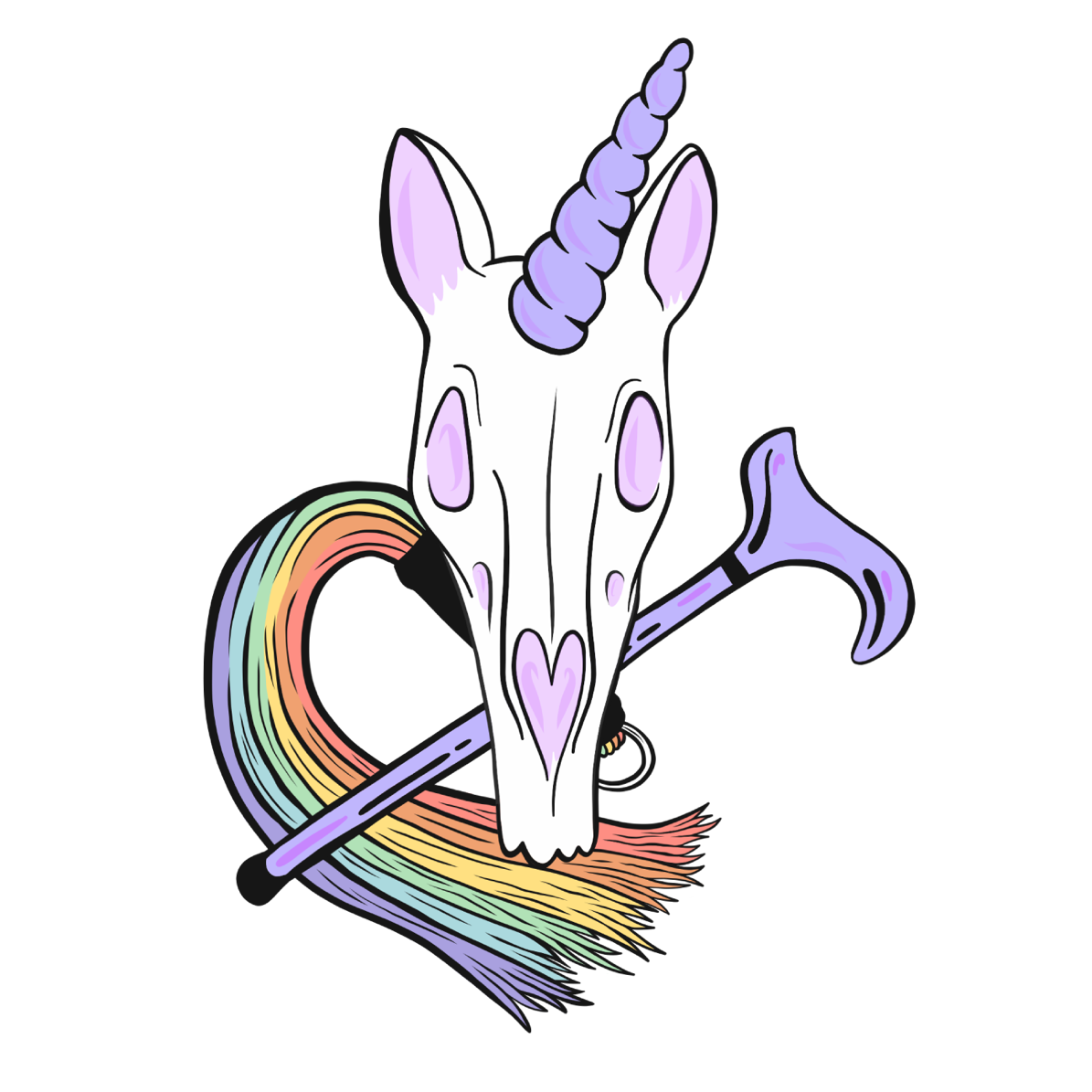90 minutes ago I found out that my surgery is probably not happening when it’s scheduled — in less than 44 hours — because my health insurance hasn’t received an authorization request for the surgery. No authorization, no surgery. Authorization requests take up to 10 days to go through.
I have been advocating for myself and others since 2001. I learned through trial and error. I am a stubborn, obnoxious, pain-in-the-ass, as many who have encountered me can attest. I’m fueled by anger brought on by decades of medical neglect and ableism. I can be a fierce force.
I know that not everyone can do for themselves what I do for me. I couldn’t, when I first got sick, and couldn’t more than a decade later when I began to get diagnosed and treated. I know what it’s like to be without an advocate. It can be a death sentence, no exaggeration.
There needs to be a Welcome to Disability and Chronic Illness starter pack. Doctors should present it upon diagnosis. After self-acceptance, the first lesson needs to be about self-advocacy.
Too many people fall through the holes in the system. Too many people disappear. (I acknowledge that all the advocacy in the world can’t always help, but that’s yet another problem that I’m not up for getting into right now.)
We, as a society, and we, as disabled people, don’t have cultural traditions to mark the onset (or birth) of disability. We have no rites of passage, we have no compulsory training available within disability culture to ease folks into what their new lives (either as PWD or siblings, children, parents, and partners of PWD) will entail.
Case managers and social workers do a little of this work, but not everyone gets to work with a case manager or social worker. Independent Living Centers also provide a fraction of this training, but it doesn’t go far enough, it doesn’t reach enough people.
We, disabled and chronically ill people, need this. We can create it ourselves, using our own voices, sharing our acquired skills, or we can let the nondisabled continue to (not) speak for us by diagnosing and then essentially discarding us without the tools and cultural awareness that we vitally need to continue our disabled lives in a mostly nondisabled world.
Let’s do this.

